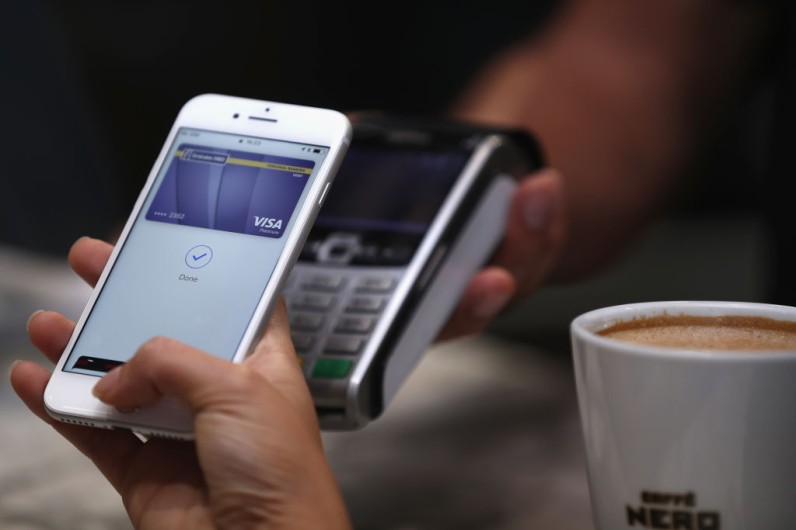
Nowadays, mobile apps ask users for their card information when signing up for services like rideshare, food delivery, digital wallets, and shopping.
However, asking for card information may pose a potential risk, especially in an age where fraud has also become digital. In most cases, apps make sure that it is safe for users to share their card details.
The Orange County Register and Bankrate shared some ways in which apps employ safety features for their users and ways for users to augment them with their own procedures.
Standards Apps Follow to Ensure Safety
Typically, there are three points at which user data could be compromised when using an app: when a user enters data, when it is stored on the app on one's device, and when data is transmitted out of the device.
The payments industry has a global watchdog called the Payment Card Industry Security Standards Council (PCI-SSC). Its global standards aim to safeguard payments across multiple platforms and are constantly updated to reflect the current payment environment.
Regarding apps, the PCI requires app developers to provide security in all three stages of data transfer, such as implementing proper authorizations and encryption.
In addition to PCI-recommended security procedures, using a private key is an important security factor to increase data safety.
In-App Measures to Keep Data Privacy
The PCI also called for protections within the app itself, such as in-app firewalls, to help protect information. Users could end their sessions or shut down the app if they sense an attack. Some protections could also identify and report unusual activity.
Payment apps are supposed to have mechanisms in place to enable apps to be shut down by the providers responsible for the services in the event the app is compromised.
What About Digital Wallets, Budgeting Apps?
Digital wallets like Google Pay and Apple Pay are considered safe as they adhere to PCI's global security standards. Some consider them safer than physical cards. Digital wallets can also be linked to some credit cards, especially those that employ reward points.
On the other hand, budgeting apps are also generally considered safe, especially those developed and run by a card issuer or integrated into one's mobile banking app.
However, third-party budgeting apps may not be the case. With this in mind, users are advised to do their due diligence and to trust their instincts before providing sensitive personal information.
Personal Layer of Safety Recommended
Meanwhile, certain security issues still exist that could compromise its safety, such as using a public network and public charging stations, downloading illegitimate and suspicious apps, and providing more permissions than necessary.
For these, app users should ensure that transactions and other in-app activities are conducted privately to prevent compromise.
People are also advised to refrain from downloading apps that may steal sensitive data, such as credit card information. Error on the side of caution could also be useful when dealing with in-app permissions.








Join the Conversation